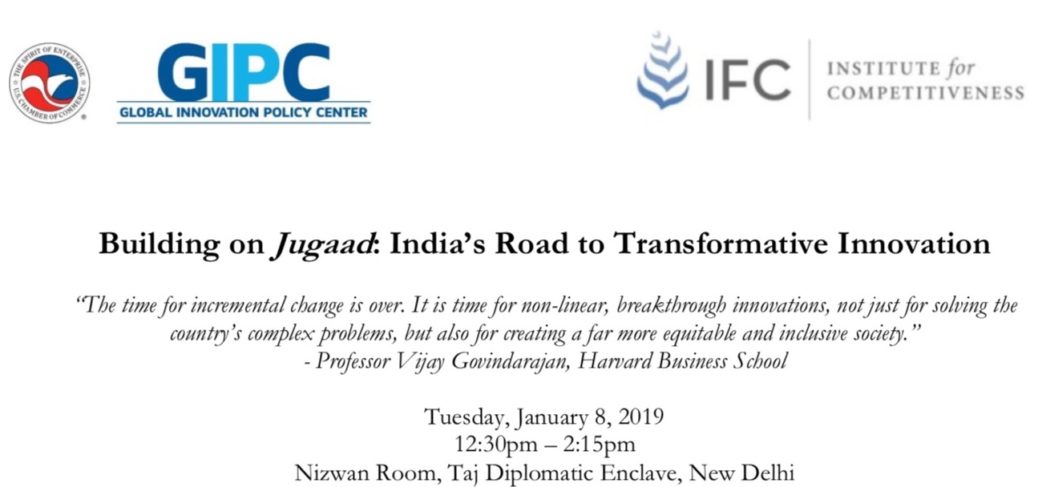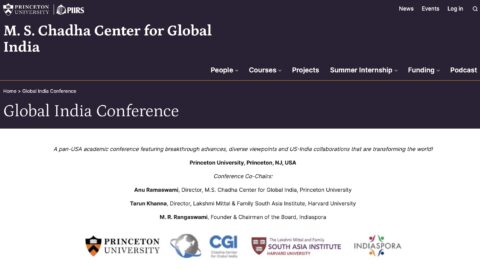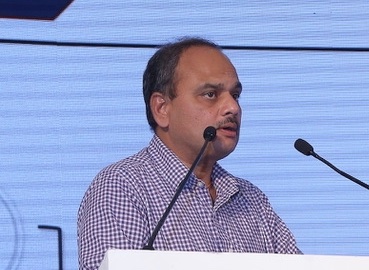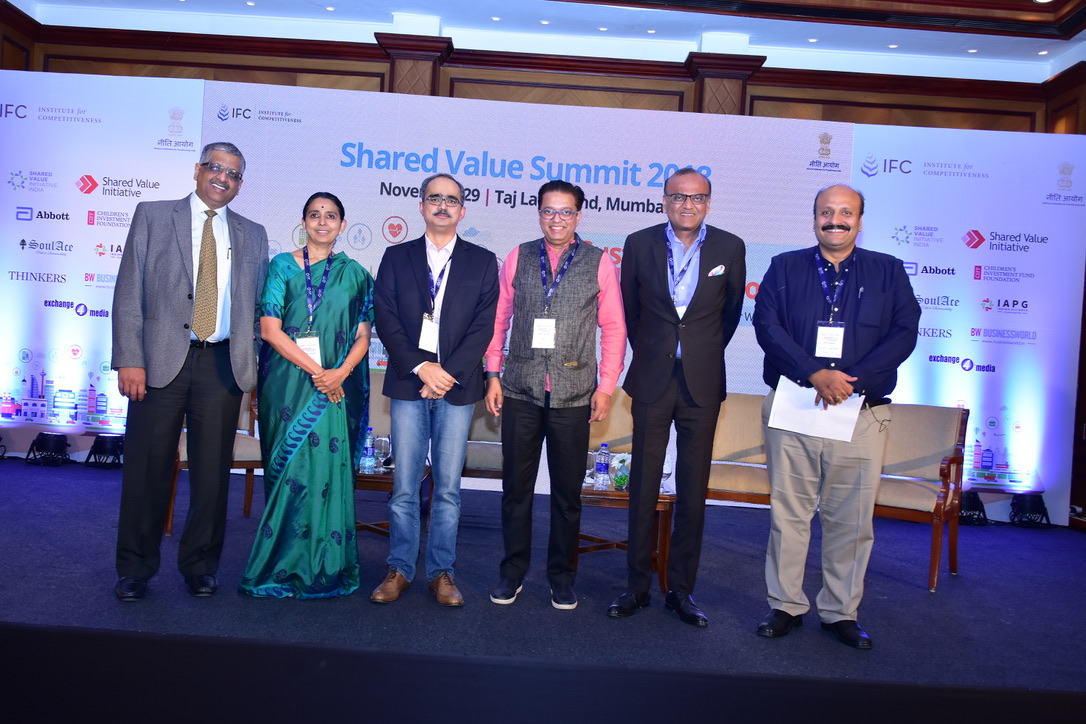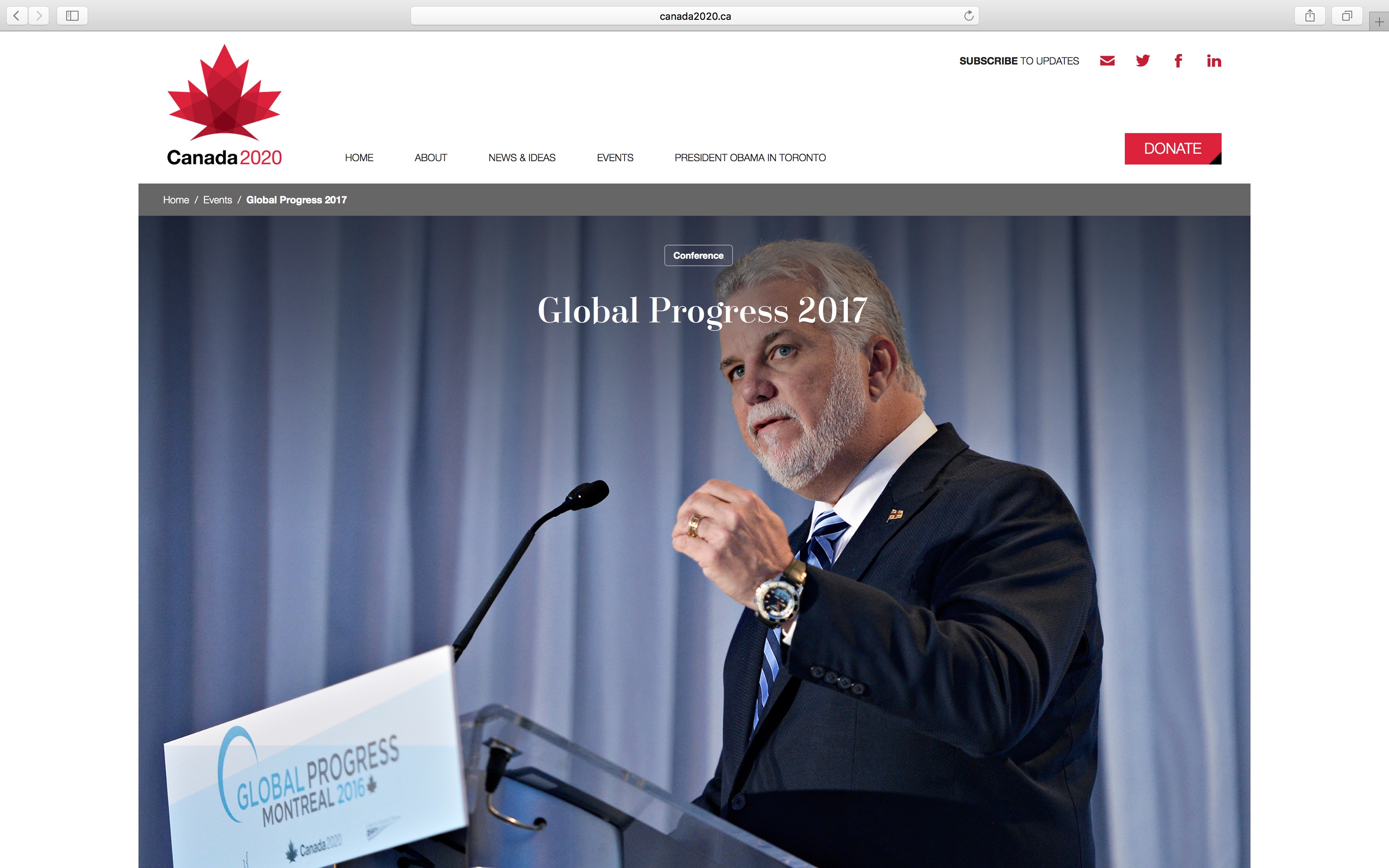Dr. Amit Kapoor shared his views at the Roundtable on “Building on Jugaad: India’s Road to Transformative Innovation” organised by U.S. Chamber of Commerce’s Global Innovation Policy Center (GIPC) and the Institute For Competitiveness (IFC). The roundtable was organised on January 8, 2019 at Taj Diplomatic Enclave, New Delhi.
In the last 300 years, life has improved more rapidly and dramatically than in all the millennia that preceded them. Technological breakthroughs enabled socioeconomic mobility, transformed global supply chains, and created new growth avenues. In India, the World Poverty Clock estimates that every minute about 40 people escape extreme poverty. But to cement its goal of inclusive prosperity and solve its complex problems, the world’s fastest growing economy will need to reposition itself from an incremental innovator to a disruptive innovator in today’s innovation revolution. Currently,it’s taking small steps toward this big idea—think of Ankit Agarwal from Helpusgreen who upcycled flower waste from temples to patent organic fertilizers and revived rural livelihoods; or even initiativessuch as the Government of India’s Atal Innovation Mission.
What drives transformative innovation? Are the economic and policy underpinnings of this innovation revolution misunderstood? Is there a danger that future innovation could be taken for granted, cheapened, or ultimately forfeited? In conversation with Amit Kapoor from the India Council of Competitiveness, the U.S. Chamber of Commerce’s Patrick Kilbride will aim to tell the story of innovation and its journey from idea to market. The discussion will also feature keynote remarks from senior officials from the Government of India on their vision for the country’s transition into aknowledge-based economy.
The roundtable will brainstorm policy ideas and examples that can help leverage the value created from transformative innovation, its impact, its social and moral imperatives, and the public policy prescriptions that will assure India’s continued upward trajectory for the generations to follow. Recommendations from the discussions will be weaved into the U.S. Chamber’s “U.S.-India Intellectual Property Cooperation Dialogue,” a Track 1.5 platform, in 2019.
AGENDA
12:30 PM Lunch
12:45 PM Welcome Remarks
Sunjoy Joshi, Chairman, Observer Research Foundation
12:50 PM Introductory Remarks
Amit Kapoor, Chair, Institute for Competitiveness
12:55 PM Conversation: The Art of the Possible
Patrick Kilbride, Sr. VP, Global Innovation Policy Center, U.S. Chamber of Commerce & Amit Kapoor, Chair, Institute for Competitiveness
1:10 PM Keynote Remarks: Vision for India as a Knowledge Economy
Saloni Malhotra, Vice President, Invest India, DIPP, Ministry of Commerce & Industry
1:20 PM Discussion: Policies Drivers for Transformative Innovation
Hemal Shah, Director, Global Innovation Policy Center, U.S. Chamber of Commerce
2:15 PM Closing Remarks

